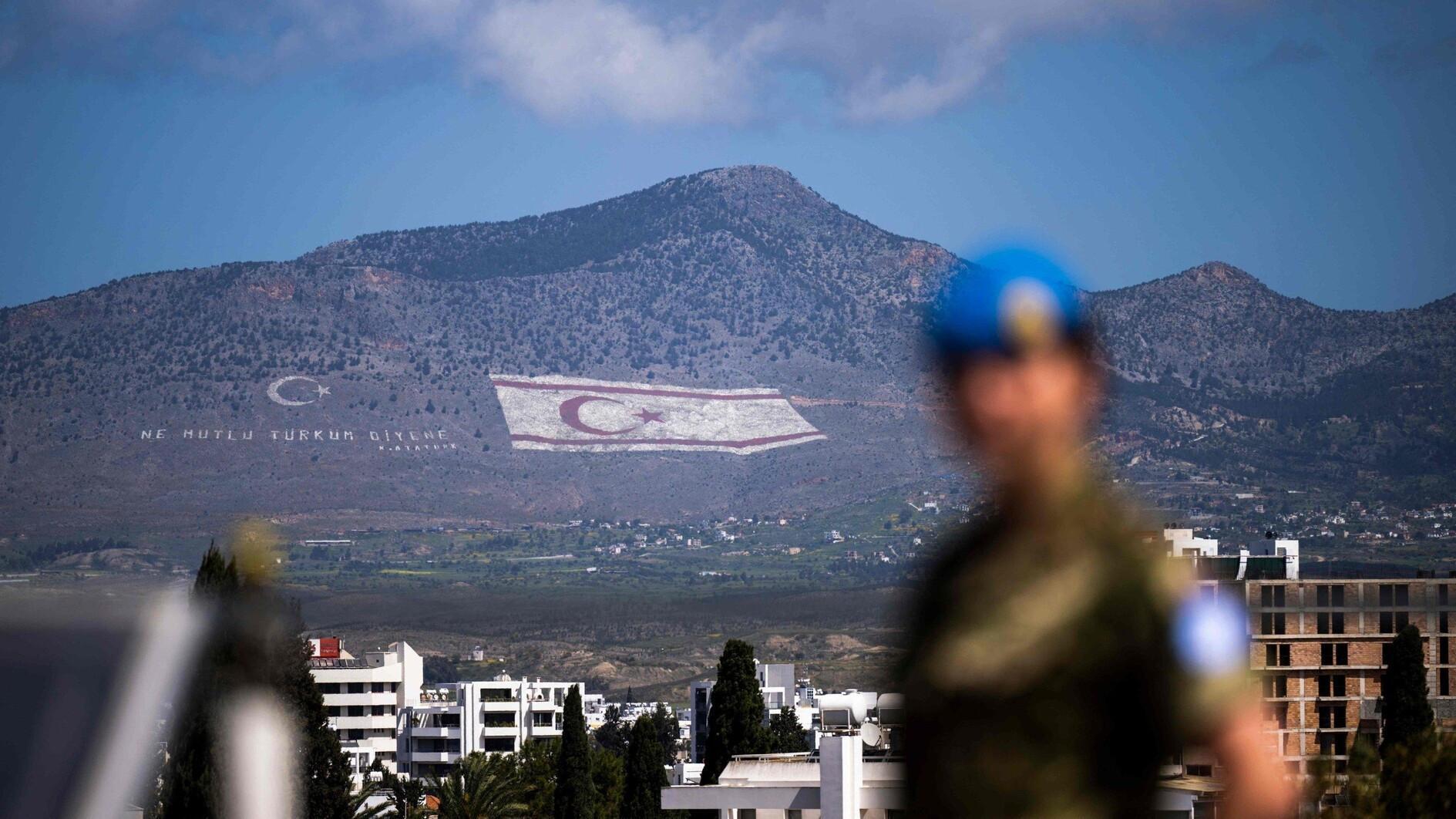
Turkish Cyprus is considering allowing the return of Greek Cypriot property owners to parts of the long-closed Varosha area in the north, following a European court ruling that affirmed the effectiveness of a Turkish Cypriot commission tasked with addressing property disputes on the divided-island.
The European Court of Human Rights (ECHR) recently ordered Türkiye to pay 18,000 euros ($20,700) in damages in a property case brought by a Greek Cypriot company over assets located in the coastal resort town of Varosha, which remained sealed off for 46 years before being partially opened to civilian access in 2020.
Although the ECHR holds Türkiye responsible, since Turkish Cyprus is not internationally recognized and is considered under Ankara’s effective control, the court nevertheless acknowledged Turkish Cyprus’ Immovable Property Commission (IPC) as a valid domestic remedy for Greek Cypriots seeking restitution or compensation.
The European court’s recognition of a Turkish Cypriot body as a legitimate avenue for resolving property disputes has caused disappointment on the Greek Cypriot side, with the decision welcomed by Turkish Cypriot authorities.
“This is not just a court ruling, but a warning,” Turkish Cypriot President Ersin Tatar said in a statement on June 11.
“There is a commission. It works and delivers solutions,” he added.
The ruling came at a time when Greek Cypriot authorities have been arresting individuals, including foreign nationals, involved in property transactions in Turkish Cyprus.
The court’s endorsement of the commission as a legal route for resolution bolstered Turkish Cyprus’ position amid these developments.
Erhan Arıklı, leader of the Rebirth Party (YDP) and junior partner in Turkish Cyprus coalition government, proposed lifting Varosha’s military status to pave the way for Greek Cypriot property owners to return via the IPC, under Turkish Cypriot administration.
Arıklı argued that such a move would allow the commission to make more assertive decisions, particularly restitution without compensation, and provide a much-needed economic boost through reconstruction in the area.
He further suggested that many Greek Cypriot owners would rather sell their properties to Turkish Cypriots than live under Turkish Cypriot jurisdiction.
Ankara also described the ruling as a "timely response" to “politically motivated arrests” by Greek Cypriot authorities.
Property rights remain one of the most intractable issues in the decades-long Cyprus conflict and a major obstacle in successive United Nations-mediated peace efforts. Since Türkiye’s 1974 military operation in response to a Greece-backed coup, the island has remained divided into a Greek Cypriot south and a Turkish Cypriot north.
Beyond Varosha, disputes over Greek Cypriot properties in the north continue to stir controversy, including a recent court case in which two Hungarian nationals were convicted for promoting illegal property sales near Kyrenia.